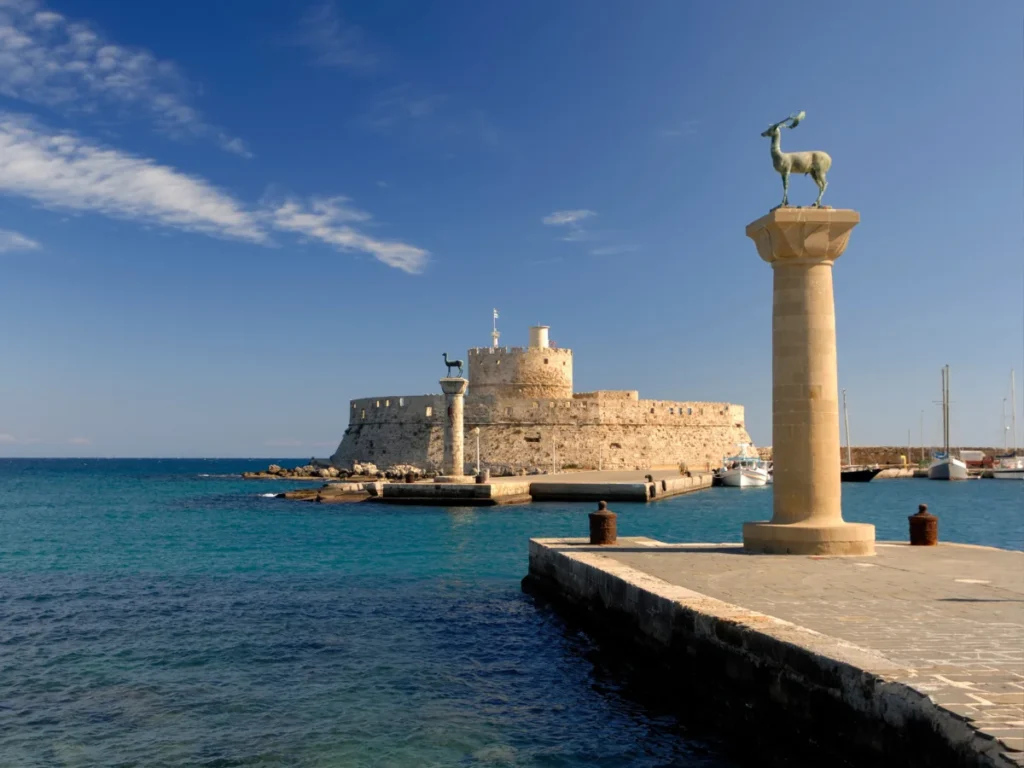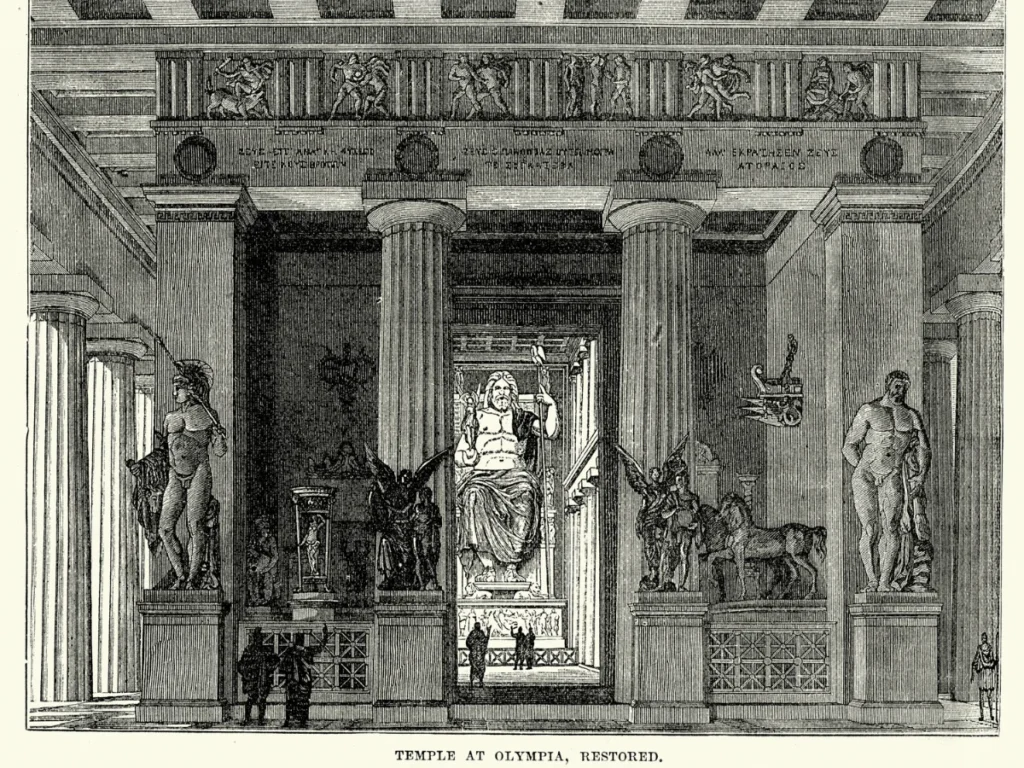Diogenes of Sinope
Diogenes of Sinope, the Cynical philosopher of ancient Greece, challenged societal norms through his philosophy of simplicity and virtue. He embraced a minimalist lifestyle, advocating for self-sufficiency and rejecting materialism. His unorthodox behavior and witty criticisms of social conventions left a lasting legacy, influencing later philosophical movements like Stoicism. Diogenes remains a thought-provoking figure in the history of Western philosophy, emphasizing authenticity and the pursuit of virtue.

The Cynical Philosopher: Diogenes of Sinope
Diogenes of Sinope, a prominent figure in ancient Greek philosophy, left an indelible mark with his unconventional lifestyle and sharp wit. From his humble beginnings to his profound philosophical teachings, Diogenes’s life story continues to captivate and inspire.
Early Life and Exile
Born in Sinope, a Greek colony on the Black Sea coast, Diogenes was reputedly exiled for defacing currency, an act he saw as a protest against the values of his society. This expulsion set the stage for his unconventional journey as a philosopher and ascetic.
Embracing Cynicism
Diogenes embraced the philosophy of Cynicism, which advocated for a life of simplicity, self-sufficiency, and virtue. He rejected societal norms and material possessions, choosing instead to live in poverty and austerity. His rejection of conventional comforts was emblematic of his commitment to philosophical integrity.
The Search for an Honest Man
Diogenes famously carried a lantern during the day, claiming to be searching for an honest man. This symbolic act highlighted his disdain for the hypocrisy and corruption he perceived in Athenian society. His quest served as a critique of the moral decay prevalent among his contemporaries.
Encounters with Alexander the Great
Diogenes’s encounters with Alexander the Great are legendary. When the Macedonian conqueror visited Corinth and sought an audience with him, Diogenes, lounging in a barrel, famously quipped, “Stand out of my sunlight.” This bold defiance impressed Alexander, who remarked, “If I were not Alexander, I would wish to be Diogenes.” He openly mocked Alexander the Great and Plato.
Philosophical Teachings
Diogenes’s philosophy emphasized the pursuit of virtue and self-mastery. He believed that true happiness could be found through living in accordance with nature and embracing simplicity. His teachings often employed paradoxes and provocative anecdotes to challenge societal conventions and provoke critical thinking.
The Doctrine of Self-Sufficiency
Central to Diogenes’s philosophy was the doctrine of self-sufficiency (autarkeia). He believed that true freedom and happiness could only be attained by freeing oneself from dependency on external goods and societal approval. Diogenes exemplified this principle through his renunciation of wealth, status, and social conventions.
Living in Accordance with Nature
Diogenes advocated for living in harmony with nature (physis). He viewed societal norms and conventions as artificial constructs that inhibited human flourishing. By rejecting material possessions and embracing simplicity, Diogenes sought to align his life with the natural order, finding freedom and authenticity in simplicity.
Challenging Social Hierarchies
Diogenes’s disdain for authority and social hierarchies was evident in his interactions with prominent figures of his time. He mocked Plato’s idealism, calling him a “distributor of trips” for his lofty philosophical theories. Diogenes’s biting critiques aimed to puncture the pretensions of the intellectual elite.
Legacy and Influence
Despite his unorthodox lifestyle, Diogenes’s legacy endured long after his death. His commitment to philosophical integrity and radical simplicity inspired later generations of philosophers, including the Stoics and Cynics. Diogenes’s emphasis on living authentically and challenging societal norms continues to resonate in contemporary discourse.
Conclusion
Diogenes of Sinope remains a towering figure in the annals of ancient Greek philosophy. His uncompromising commitment to truth, virtue, and simplicity distinguishes him as a beacon of philosophical integrity. In an age marked by materialism and superficiality, Diogenes’s life and teachings offer a timeless reminder of the power of authenticity and self-mastery.
Ancient wonders

The Colossus of Rhodes
The Colossus of Rhodes, a colossal bronze statue of the sun god Helios, once straddled the harbor entrance of ancient Rhodes, symbolizing the city’s grandeur and maritime prowess.

The lighthouse of Alexandria
The Lighthouse of Alexandria is one of the Seven Wonders of the Ancient World. It stood as a monumental beacon on the Egyptian coast, guiding mariners safely through treacherous waters with its light.

The majestic Statue of Zeus
The majestic Statue of Zeus at Olympia, crafted by the skilled hands of the ancient Greeks, represented the pinnacle of their artistic and engineering prowess, paying homage to their chief deity.
